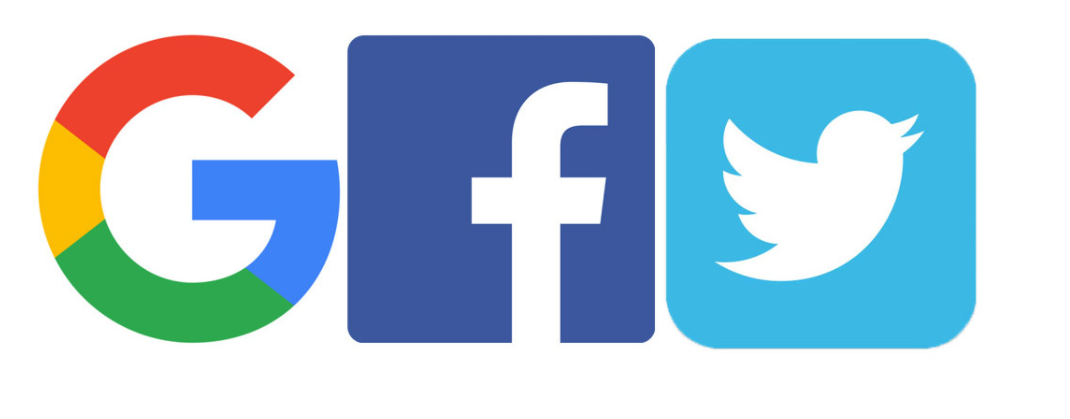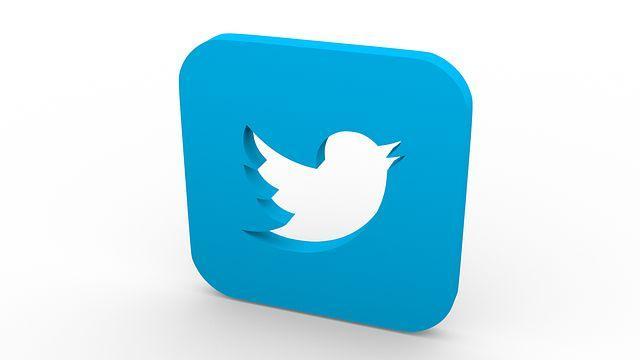Researchers studied Twitter conversations about remote work. They found key topics people discussed often. The study looked at tweets from a recent period. Many users talked about work flexibility benefits. Others discussed challenges like feeling alone. The research team used special computer methods. They sorted thousands of public tweets. This helped find common themes fast.
(Study Analyzes Twitter’s Role in Remote Work)
The analysis showed several main points. People debated the pros and cons of working from home. Flexibility and saving time were big positives. Communication problems and feeling isolated were negatives. Many tweets talked about work-life balance struggles. Setting boundaries was a common concern. Others shared tips for staying productive at home.
Company policies were another big topic. Employees often used Twitter to share their experiences. Some praised their employers. Others criticized return-to-office rules. Managers also joined these discussions sometimes. They looked for ideas on supporting remote teams. Mental health support was a frequent request from workers.
(Study Analyzes Twitter’s Role in Remote Work)
The data revealed how Twitter serves as a real-time sounding board. Workers share frustrations and solutions openly. Companies monitor these talks to understand employee mood. The platform gives insight into remote work trends quickly. This public conversation influences how businesses make decisions. The university researchers published their full findings. Their work helps understand remote work’s social impact.





